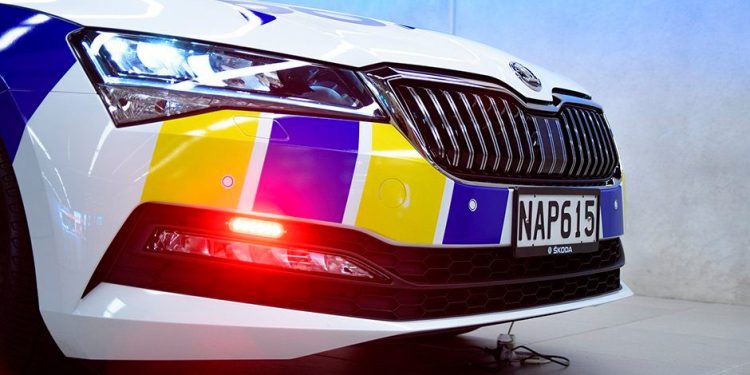Roadside drug testing set to become law despite uncertainty
Words: Matthew Hansen
After months of deliberation, roadside drug testing laws are expected to come into force by December, as the government moves forward with its Land Transport Amendment Bill.
As previously reported, the bill aims to increase the frequency of drug testing of drivers, via breath tests, oral fluid tests, and blood tests while also streamlining and refining the 1998 Land Transport Act. The laws give police the power to pull over drivers at random, and those who fail back-to-back saliva tests will incur fines.
Since its select committee report in June, the bill has been given support from all political parties barring the Maori Party. Transport Minister Michael Wood is also among the bill’s backers.
“Drug driving causes immense damage on our roads we had 103 people in 2019 who lost their lives on our roads who had drugs in their system,” he said, speaking to One News. “I believe that it is a robust piece of legislation, acknowledging that some of the understanding in this area is still developing.”
But despite the seemingly widespread support for the bill, there is some doubt in some of its side-effects. Chief among these are concerns that the oral fluid and blood test strategy are considered to be unreliable, with the Royal NZ College of General Practitioners (RNZCGP) saying these test regimes are “not supported by reliable scientific evidence”.
“This needs serious consideration by our politicians and policy makers before it is turned into law. […] If it’s detected in roadside testing it doesn’t necessarily mean that the driver is impaired. So, there is no correlation often between impairment and the level of drug that’s found,” said Dr Bryan Betty of the RNZCGP.
The testing’s medical shortcomings have been acknowledged by the Greens and Act, both of which have said that “it’s likely that a number of unimpaired people will be subjected to infringement or criminal penalties.” It’s also been reported that those who rely on cannabis for medical reasons could still get pinged by the laws.





